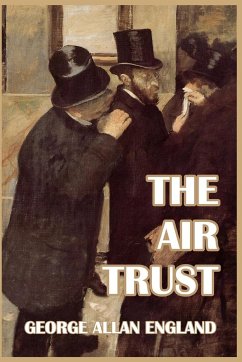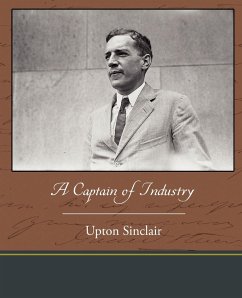
A Captain of Industry
Versandkostenfrei!
Versandfertig in 1-2 Wochen
13,99 €
inkl. MwSt.
Weitere Ausgaben:

PAYBACK Punkte
7 °P sammeln!
Upton Sinclair (1878 - 1968) wrote over 90 books in several genres. He was considered to be a leading social advocate. Because of his novel The Jungle, which dealt with conditions in the meat packing industry, The Pure Food and Drug Act and the Meat Inspection Act were passed. A captain of industry is a fictionalized account of an industrialist. The book gained in its acceptance after several men exposed examples of corporate corruption. When Robby falls in love with a poor girl his father pays her off and sends her away. After the death of his father Robby becomes a captain of industry. At ag...
Upton Sinclair (1878 - 1968) wrote over 90 books in several genres. He was considered to be a leading social advocate. Because of his novel The Jungle, which dealt with conditions in the meat packing industry, The Pure Food and Drug Act and the Meat Inspection Act were passed. A captain of industry is a fictionalized account of an industrialist. The book gained in its acceptance after several men exposed examples of corporate corruption. When Robby falls in love with a poor girl his father pays her off and sends her away. After the death of his father Robby becomes a captain of industry. At age 40 he is married but has an affair with a young girl only to find out she is the daughter of his earlier lover.



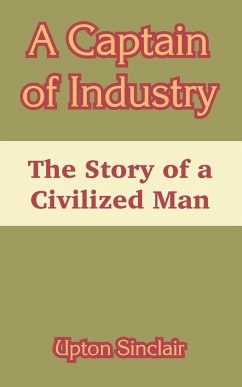
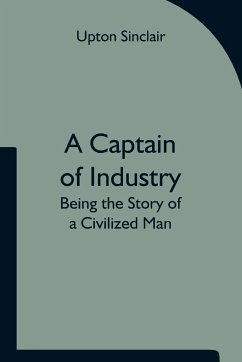
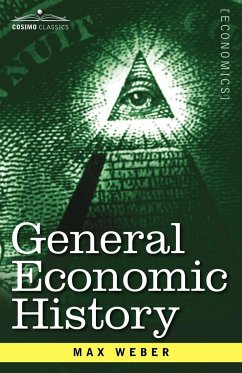
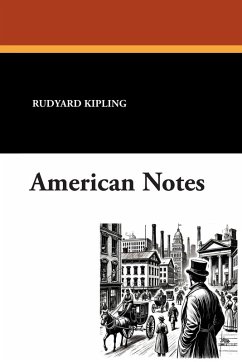




![Basil, Or, Honesty And Industry [by C.g. O'brien] Cover Basil, Or, Honesty And Industry [by C.g. O'brien]](https://bilder.buecher.de/produkte/68/68938/68938847n.jpg)
